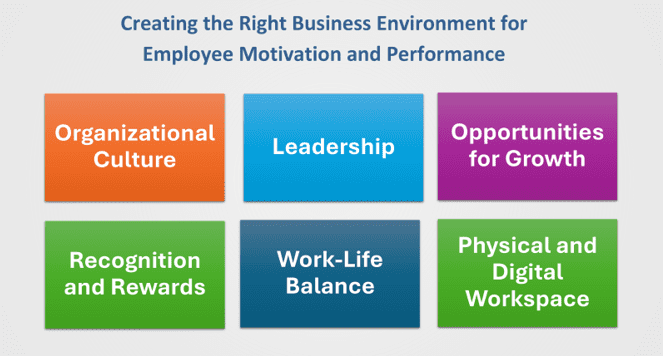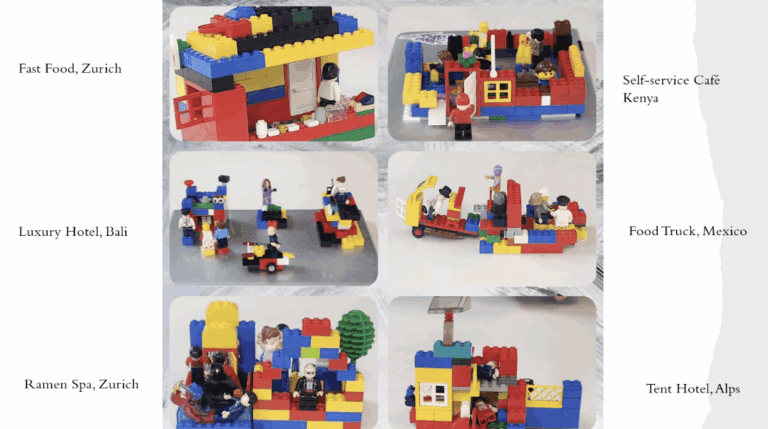 When you want to get something done, ask a busy person. Whoever first coined this phrase doesn’t really matter as much as the principle behind it. Someone who is constantly busy exists that way because they are constantly getting tasks done.
When you want to get something done, ask a busy person. Whoever first coined this phrase doesn’t really matter as much as the principle behind it. Someone who is constantly busy exists that way because they are constantly getting tasks done.
In the hospitality world and amongst our leadership circles at Newport Hospitality Group, we call these individuals the Good Ones. What is it that sets them apart from their peers? What’s their underlying drive to plunge into their work and to diligently manage their time?
To start, Good Ones are generally better at daily time management than their peers. At one point in my career, I was classified as a member of this group in my role as a twentysomething general manager. The truth is, there was nothing special that set me apart from the others. Each and every one of my colleagues had the same opportunity that I did.
Many leaders do not properly organize their days at the start of each morning. Some of my colleagues have given me grief about keeping a paper planner as well as a digital calendar. I like to have a ‘to do’ list that prioritizes my day and allows me to mark items as completed. In order to become good or great in your current role, time management cannot be an afterthought; it must become a priority. I once heard a speaker use the phrase ‘swallow the frog’ whereby you take the most frustrating task – and thus the one you are most likely to put off – and make it the top priority. This speaker maintained that once you knocked that task off your daily list, you then stood a significantly better chance at having a more productive day.
The second step to becoming a Good One is to learn how to not micromanage. Ultimately with this form of supervision, people get burnt out and the team becomes wholly dependent on its leader for input. The healthy habit of delegation starts by seeking out those team members within your hotel who have the capacity and aptitude to take on additional duties.
Once you find these sleeping giants, take the time to sit down with them and train them on duties that are counterproductive to you reaching your goals. Typically, these tasks are ones that will help the team member grow in his or her role while simultaneously preventing you from keeping your eyes on the bigger picture. Thus, the offloading and training on these responsibilities is a win-win.
Great leaders learn to give up control and do so regularly. They realize that they cannot control every situation and must be able to delegate tasks to those who may actually be better at completing them to begin with. Micromanaging stands in the way of true leadership.
Thirdly, the way leaders interact with others represents another key component in determining if they will become one of the coveted Good Ones. A hotel general manager has to interact with owners, guests, associates, senior executives, brand representatives, management company representatives and vendors on a daily basis. Hence, as a leader, you must be aware that you are being watched and possibly judged in every interaction.
The guest can leave a review through your brand site or through various social networks, all of which have a direct impact on the success of your property. Meanwhile, how you talk with your colleagues impacts their level of motivation to complete their tasks but also their willingness to bring forward ideas that may improve operations. As trite as it may seem, the golden rule always applies.
Some of the best advice that I have ever received from one of my former bosses is that no matter what the complaint is, do not take it personally. If a guest has an issue, 99.9% of the time there was a breakdown in service or the product did not meet expectations. Once you realize that and understand that the complaint isn’t a direct assault, you can do a better job in dealing with the problem and in satisfying the guest with your response.
On a similar note, you have to take the time to build a rapport with your team, from the frontline associates to the department heads. Get to know who they are, what they like and whatever else they feel comfortable sharing with you. Once you get to know them on an individual level, it becomes far easier to lead them. No matter who you are interacting with, in order to become one of the Good Ones you have to have integrity and leave a positive impression.
Everyone wants to be associated with those in the top of their respective field. Wanting to get there and actually arriving are two separate things, though. Take some time to reflect on what areas you need to improve in order to reach the status that you seek. Once you determine what exactly these are, be sure to work on them on a daily basis so that your actions become habits. Ensure that you are delegating, managing your time more efficiently and interacting with others in a healthy manner so that you too will soon be known as a Good One.



















